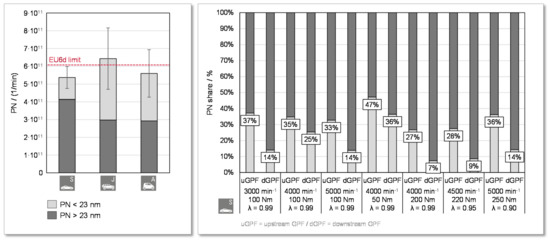


“The pace of change required needs to be ramped up. Katharine Palmer, shipping lead, UNFCC High-Level Climate Champions, said: In addition, they emphasised the importance of infrastructure – such as alternative shipping fuels being available in ports – to ensure the ships of the future can deliver goods on a truly global basis. The cost of this transition will be less the sooner you get your head around the future roadmap and the sooner you begin the adjustment.”Ĭontributors to the study also urged public and private sectors to work in unison to drive funding into the most promising emerging technologies and to support smaller businesses unable to decarbonise on their own. “The natural instinct of any industry will be to look to defer regulation, ‘How long can I drag it out?’ That’s the wrong instinct today and it’s not going to work this time because the climate is changing. Jim Barry, chief investment officer, BlackRock Alternatives Investors, said: Contributors to the report called for greater global regulation of shipping to head off the emergence of inconsistent national policies. The Lloyd’s Register study, produced in association with Longitude, the research unit of the Financial Times, found consensus among maritime experts that shipping companies, their customers, and governments, need to work together on global solutions before the urgency of the climate crisis forces the sector into disruptive and fragmented changes. Everyone involved in the maritime supply chain must play their part.” The challenge is immense, but the commitment is real, from many organisations and governments. “This report brings together expert views and insights from the public and private sector on what the global maritime industry needs to do to make this decade of change a reality. The question that remains is ‘how’ will the maritime industry deliver meaningful change during this crucial decade of action. We know we must act now and many of us are. “Our industry is no longer asking ‘if’ or ‘when’ decarbonisation should take place. Nick Brown, Chief Executive, Lloyd’s Register, said: However, despite widespread commitment to addressing the decarbonisation of the sector, a lack of regulatory certainty and support from policymakers could see a rushed and uncoordinated transition, potentially leading to significant supply chain disruption. Read Also: Shipping Industry Pushes for $5B Decarbonization FundĬurrently, around 80% of goods transported worldwide rely on shipping and the maritime sector accounts for almost 3% of global greenhouse gas emissions.
#Co2 regulatory certainty act s 2263 professional#
Leaders from across the global supply chain are calling for immediate action on maritime decarbonization if a successful energy transition to zero-carbon shipping is to be achieved.ĭrawing views from leaders across the supply chain, a report from maritime professional services organisation Lloyd’s Register, titled “How To Make Shipping’s ‘Decade of Action’ a Reality” says the transition to zero-carbon shipping will be among the most significant in the sector’s history, with investments made today preventing future supply chain interruptions and minimising disruption to the backbone of world trade.


 0 kommentar(er)
0 kommentar(er)
